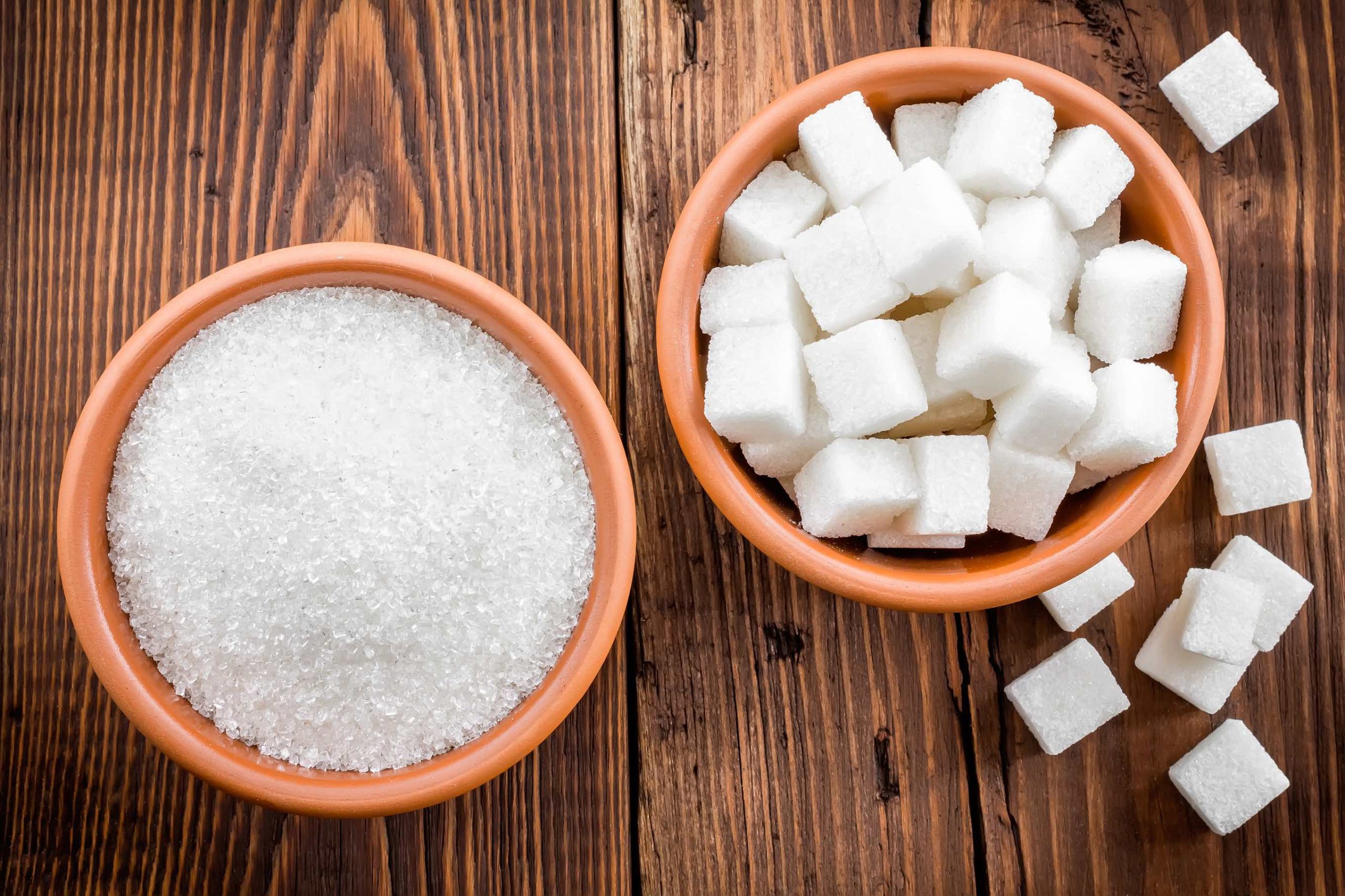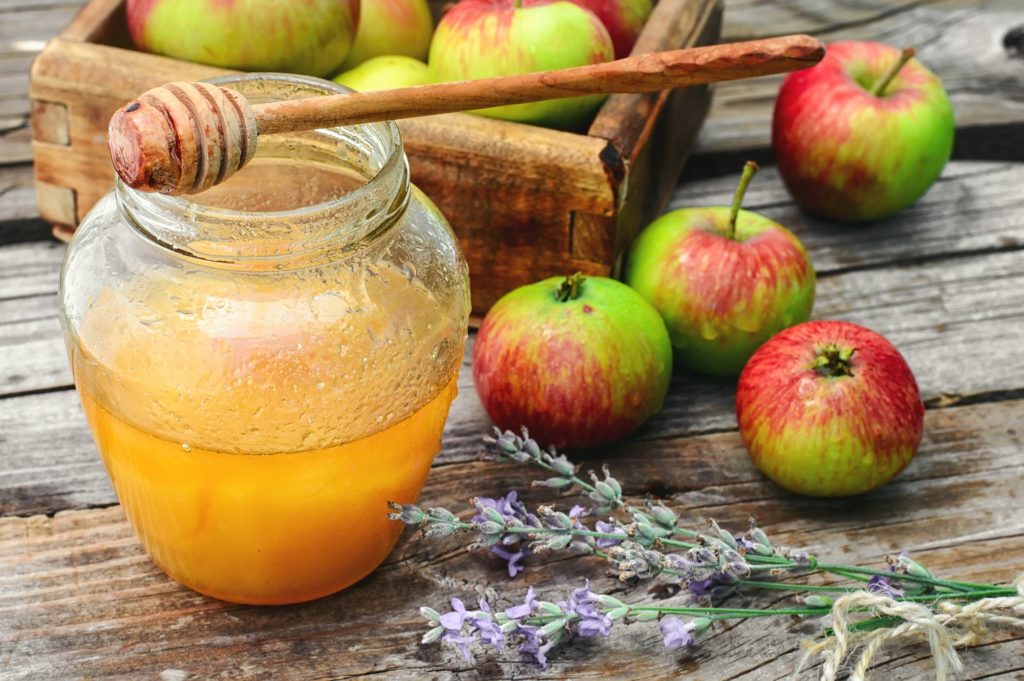Everything but sugar – Sweet alternatives for athletes

A hundred years ago, a luxury good, today, a product with a dubious reputation. Sugar is considered a sick, weak, and fattening agent. But, as so often in life, it depends on the amount. In small amounts, sugar can even boost athletic performance in the short term. But too much is unhealthy. Fortunately, there are good sweet alternatives for athletes.
We eat too much sugar
Ashton Eaton is an Olympic champion and former world record holder in decathlon. On his homepage, he compares sugar with the devil. Only the complete renouncement of the sweet food would have made it possible to score more than 9000 points in the supreme discipline of athletics. You certainly don’t have to be quite so dogmatic about it. But one thing is sure: Most people in western countries consume more sugar every day than is right for them. 24 teaspoons a day. That is four times the recommended amount.
The biggest sugar traps
Sugar is ubiquitous and is used practically everywhere. Especially industrially manufactured products are evil sugar traps. These include, above all:
- Sweet drinks, baked goods, spreads, and many dairy products, especially yogurts.
- Sugar is also found in meat salads, most ready meals, salad dressings, liver sausage, and other processed sausage products.
The best sweet alternatives
Even though sugar is ubiquitous and is found in products where one often does not suspect it, it is possible to reduce sugar consumption. It is then necessary to rely on natural and unprocessed foods. The best sweet alternatives are:
Honey prevents ravenous appetite attacks
Honey is the oldest natural sweetener in the world. People have been producing and eating it for 16 000 years. There are many different varieties, which also taste different. Acacia honey tastes sweet, forest honey rather strong, linden honey spicy, and sunflower honey aromatic. Unlike refined sugar, honey does not only contain “empty calories.” It is particularly rich in trace elements such as iron and zinc, and in smaller quantities, minerals such as sodium, calcium, and magnesium can also be found. Interesting for athletes: honey contains hormone-like substances. They promote the absorption of glucose into the muscles and positively influence the heart and blood pressure. Unlike household sugar, the bee product does not trigger ravenous hunger attacks.

Syrup helps to save calories
There are also different sorts: sugar beet syrup, topinambur syrup, carob syrup, and the very popular maple syrup. Jerusalem artichoke is available in specialist shops with the Fatburner L-Carnitine there. It is an insider tip because it does not contain so many calories. It is also full of inulin. This is a dietary fiber that is long-lasting and does not trigger ravenous appetite attacks. Although maple syrup contains a lot of sugar, you still save 35 percent of calories compared to household sugar. It also contains many minerals.
Be careful with Xylitol
Xylitol is natural sugar alcohol obtained from birch wood. It can also be made from corn cob waste, so it is advisable to read the package insert. Its calorie content is 40 percent lower than that of household sugar. However, xylitol (preferably of organic quality) is less sweet—those who take more to make food tastier risk diarrhea and flatulence.
Do not overdose Stevia
Products containing the so-called steviol glycosides were considered a healthy alternative when they were approved in 2012. 300 times sweeter than sugar and with zero calories, sounds excellent. The intestines cannot digest Stevia, and the pancreas does not secrete insulin after consumption. However, a significant meta-analysis in 2017 showed that Stevia is not as healthy as expected. Anyone who consumes too much Stevia must expect to gain weight. The risk of high blood pressure, diabetes, and heart disease also increases. According to the European Food Safety Authority, up to ten milligrams, a day is considered safe. However, many a stevia drink contains considerably more.
Thick juices unfortunately contain a lot of fructose
Thick juices are produced in a unique vacuum process from apples, pears, grapes, and the popular agaves. This preserves minerals, trace elements, and secondary plant substances. However, thick juices have high fruit sugar content. Too much should, therefore, not be used.
Coconut blossom sugar is good for blood sugar
Insider tip for all who can afford it, because it is costly. 1000 grams in organic quality cost at least ten, but usually 20 dollars, euros pounds, and more. This is due to its elaborate production process. It has a lower glycaemic index and therefore does not cause the blood sugar level to soar. It also contains vitamin C, calcium, potassium, magnesium, iron, and zinc.
Reduce your sugar consumption slowly
Despite all the advantages of the sugar alternatives presented, nutritionists advise to be careful with all sweet things and to consume as little sugar and sugar alternatives as possible. I know from my own experience how difficult this is. Because the body gets used to the sweetness and develops a kind of dependence. Tip from experts: Reduce the consumption of household sugar and sugar alternatives slowly – over months. Then the body can get used to it, and at some point, it no longer needs the sweetness. However, the most significant savings potential can be achieved by not buying processed foods, especially ready-made products.